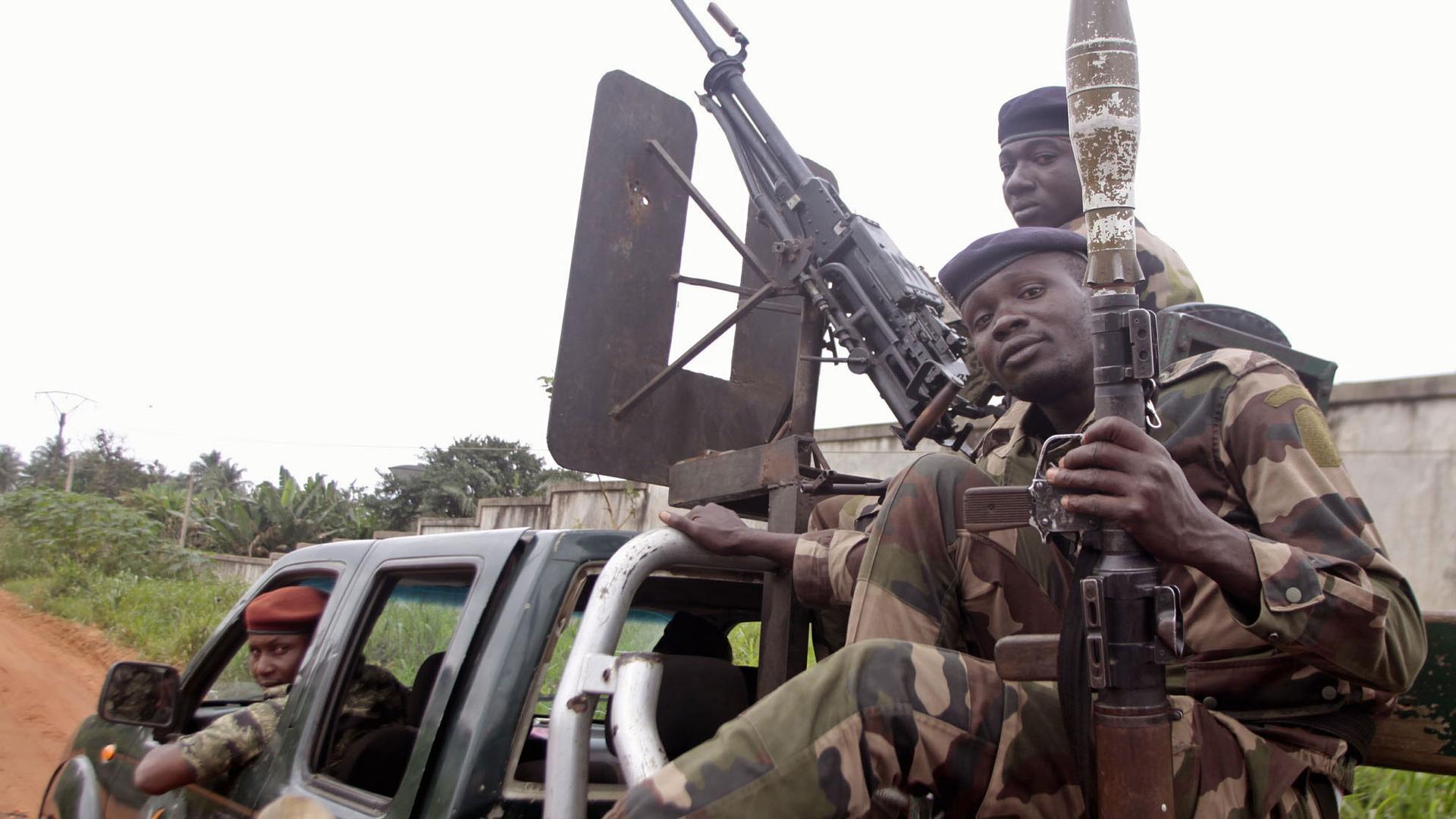The limits of non-violence: Part II
This analysis was featured in Critical State, a weekly foreign policy newsletter from Inkstick Media. Subscribe here.
Last week on Deep Dive, we looked at new research on how the putative advantages of nonviolent civil resistance against the state disappear when the people doing the resisting are ethnic minorities within the state. This week, we’ll see how much that lesson applies when people are resisting rebel governance, rather than state governance.
Related: The limits of non-violence: Part I
Scholars have taken an increasing interest in the ways civilians living under rebel control in civil wars express their preferences to the rebel groups that seek to govern them. In a recent article in the Journal of Peace Research, political scientist Sebastian van Baalen expanded on that research agenda by taking on the question of not just how civilians make themselves heard but of how rebels decide when to listen. Drawing on earlier research, van Baalen examines local elites as the key drivers of interaction between rebels and local civilians. Rebels want local elites to help them maintain order and communicate with people, and can use the threat of violence to coerce cooperation from the local elites. Local elites want rebels to treat them well and to respond to local concerns, and can use the threat of civil resistance to coerce cooperation from rebels. When the local elites are more effective, rebel governance becomes more responsive to civilian pressure.
Related: Externalities of intervention: Part I
The question, then, is what makes local elites effective in engaging with rebels? Van Baalen hypothesized that the answer lies in local elites’ capacity to mobilize civilians to engage in civil resistance — the more people they can get to a protest, the more seriously rebels will have to take them. Furthermore, van Baalen argues, mobilization capacity is driven substantially by the strength of the elites’ clientist networks. The more people who depend on a local leader for jobs or food or dispute resolution, the more who will respond to that leader’s call to march against rebel malfeasance.
Related: Externalities of intervention: Part II
To test these ideas, van Baalen looked at governance under the Forces Nouvelles (FN) rebel group in Côte d’Ivoire in the first decade of the 21st century. By 2003, the FN controlled 60% of Côte d’Ivoire and began to establish a significant administrative capacity in the areas it occupied. By reading extensive local newspaper archives and interviewing 93 people who were directly involved in FN governance and civilian responses to it, van Baalen was able to compare how the FN responded to civilian demands in four towns where the strength of elites’ clientist networks varied significantly.
In some areas, FN governance became remarkably collaborative. In the town of Odienné, for example, rebels assembled a civilian council that had veto power over rebel governance decisions. Taxes were negotiated with local traders, and public schooling expanded under rebel leadership. Yet that was not always the case. Soon after rebels took Odienné, a newspaper declared the town “the most troublesome” area under FN control, due to near-constant threats of revolt from the town. FN leaders later admitted to van Baalen that they fired multiple commanders in the area out of concern that the commanders rubbed Odienné civilians the wrong way, which might lead to an uprising.
Both civilians and FN leaders agreed that the source of Odienné’s remarkable capacity for resistance was the fact that the town was led by a small group of land-owning families that had incredible power over the town’s main economic activity — growing cashews. Everyone who worked in the cashew fields or as traders in the broader cashew economy owed their livelihoods to these families. The families, long-established as leaders in the town, could call forth what a local journalist described as a “large segment of the population” to protest the rebels on a day’s notice. Their clientist networks, in other words, drove civil resistance.
Conversely, in the southern neighborhoods of the city of Man, clientist networks during the war were quite weak. Rather than controlling agricultural production, local elites in southern Man maintained power by distributing state funds to members of their networks. Once the FN took control of the city, however, access to those state funds was cut off and local elites were left with little to offer the people who had recently formed their base of support. In southern Man, grievances against FN governance were widespread. In a 2008 survey, nearly 50% more people in southern Man reported experiencing violence under FN governance than their neighbors in the north of the city, where elite clientist networks were stronger.
In addition to these insights about the importance of clientist networks, van Baalen also found that ethnicity matters in civil resistance against rebels much like it does in civil resistance against the state. The FN was ethnically heterogeneous, but it was rooted in the Ivorian north, where the Malinke and Senoufo ethnic groups predominate. Looking at the range of FN governance, van Baalen observes that the group “adopted responsive governance only in studied areas with a significant ethnopolitical constituency.” Clientist networks, therefore, were a necessary but not sufficient precondition for civilians turning civil resistance into improved rebel governance. Ethnic minorities got little from their non-violent efforts to influence rebels.
Critical State is your weekly fix of foreign policy without all the stuff you don’t need. It’s top news and accessible analysis for those who want an inside take without all the insider bs. Subscribe here.
